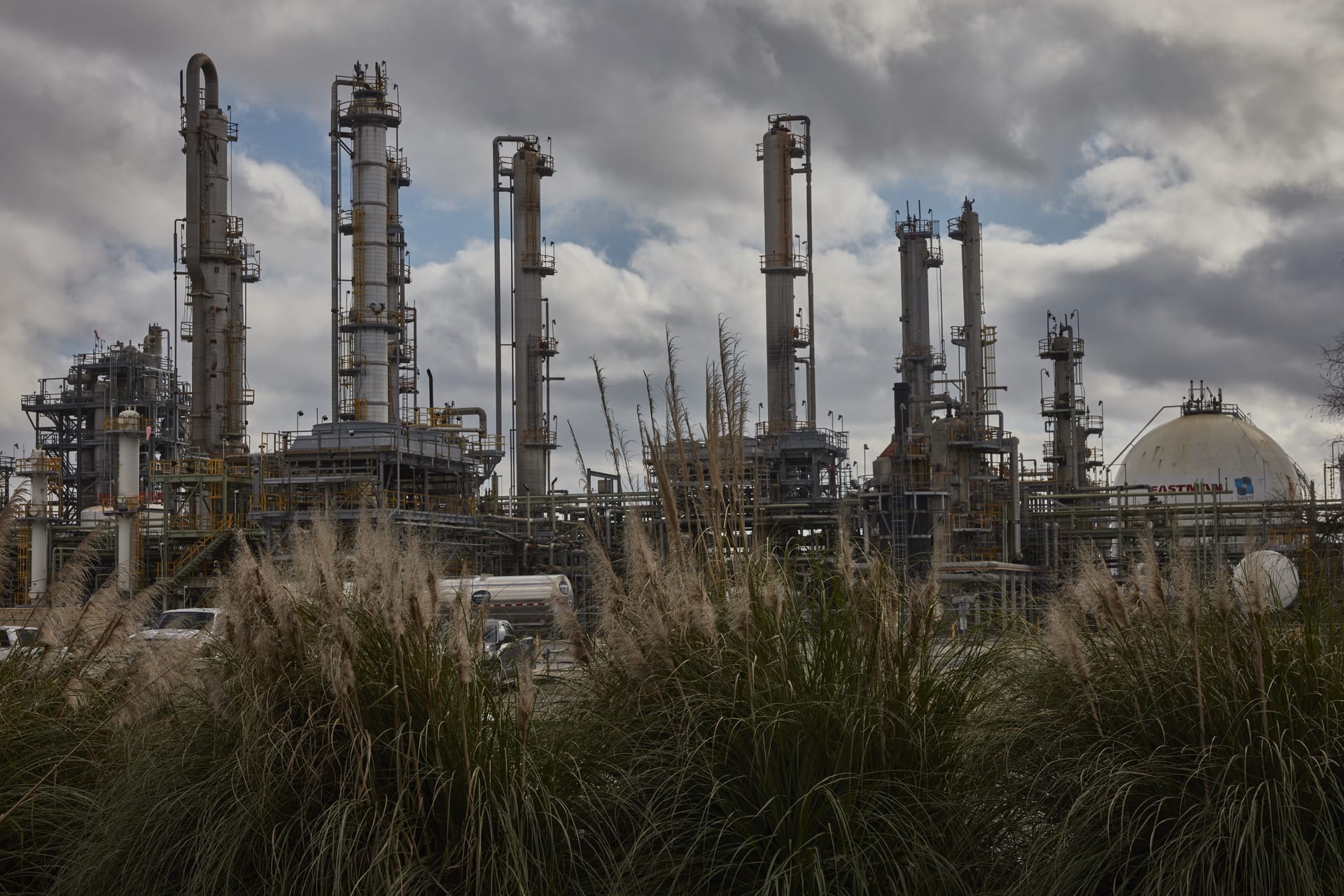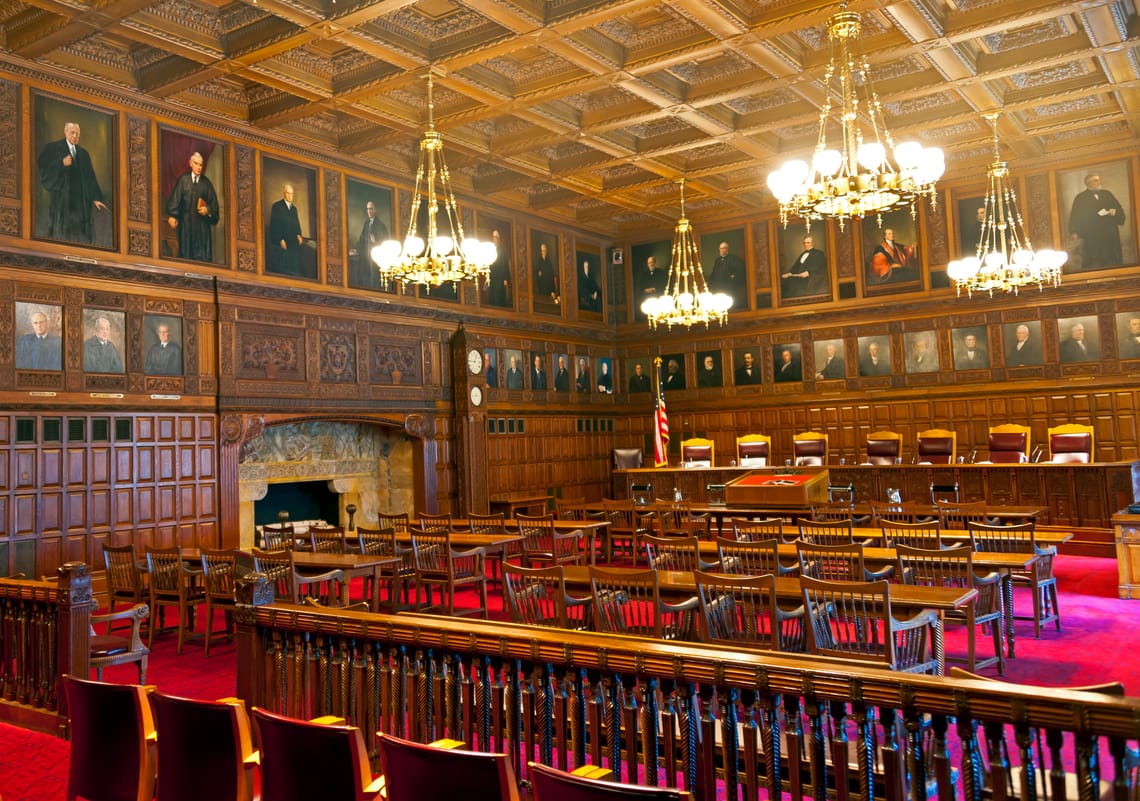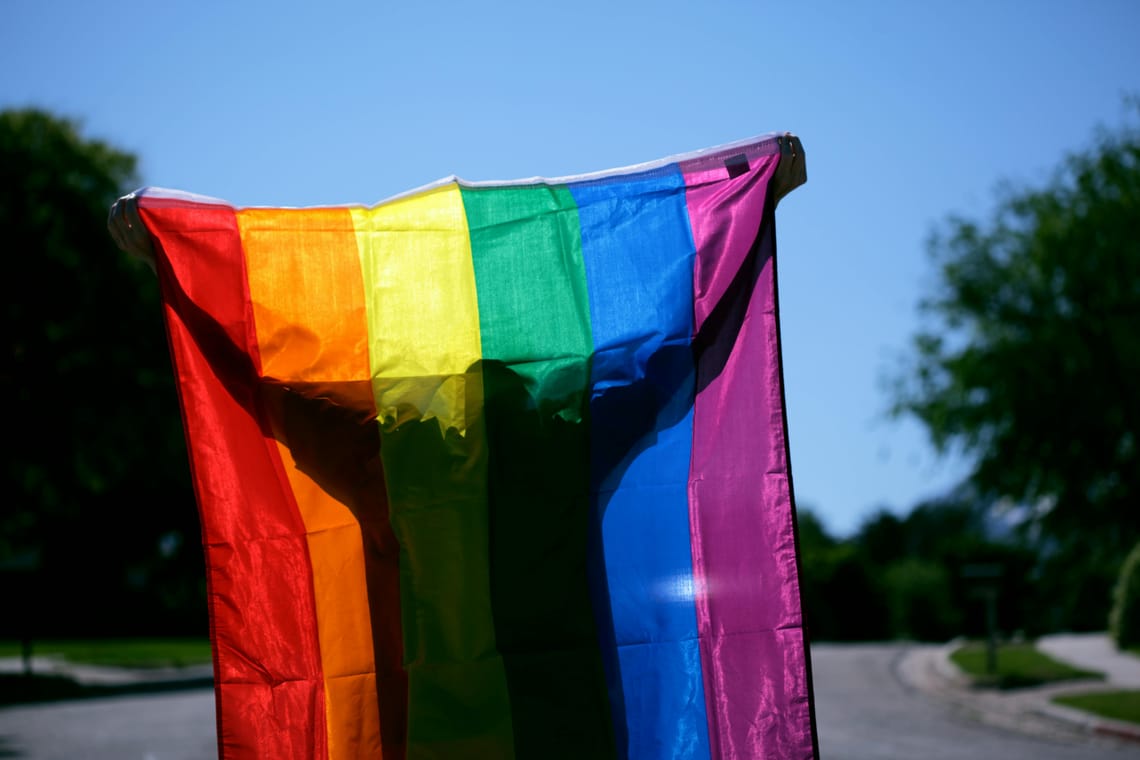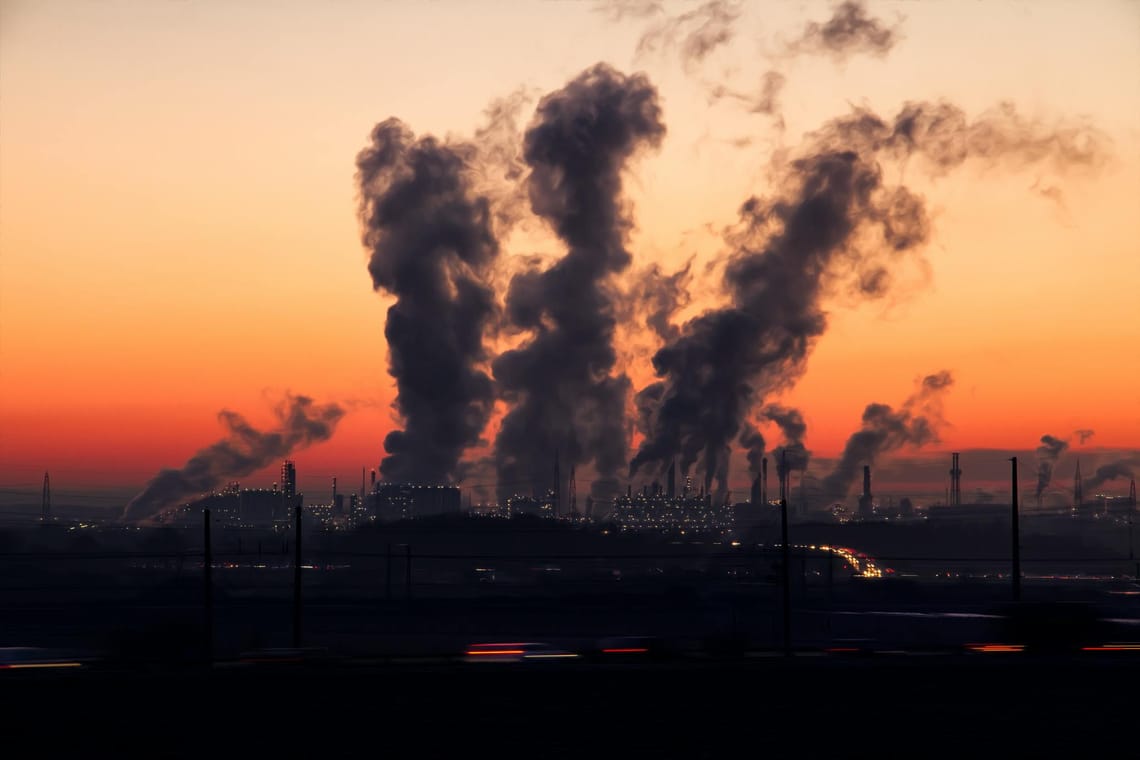In November 2023, a federal judge tossed a potential discriminatory case after finding that plaintiffs missed the statute of limitations and lacked standing to sue over a decade-old land ordinance.
5 months ago, advocates from local community organizations – Inclusive Louisiana, Mount Triumph Baptist Church, and RISE St. James – alleged the discriminatory land use system in black communities paved the way for the construction of petrochemical plants. Within St James Parish, Louisiana, members of these groups reside in the 4th and 5th districts of the State, both of which are large African-American majority communities.
The historically segregated land system of chattel slavery and the subsequent periods of violence, dispossession, and residential segregation during the post-Reconstruction periods of Jim Crow disenfranchised black voters and empowered local government’s authority over land use. Infamously coined as “Cancer Alley” these districts were heavily polluted as a result of the nearly 150 oil refineries, plastics plants, and chemical facilities located within it. In turn, community members who are inhabitants of these areas face threats to several human rights including the right to equality and non-discrimination, the right to life, the right to health, and the right to an adequate standard of living, according to United Nations experts. With this, the importance of the case is bolstered, indicating the significant effect its termination will have on the inhabitants of this area.
The lawsuit claimed that the Defendants, St. James Parish, despite their knowledge of this geographic segregation, “intentionally [chose] to locate over a dozen enormous industrial facilities [in the 4th and 5th Districts] … while explicitly sparing white residents from the risk of environmental harm.” The planning commission has done so “despite the persistent pleas of Plaintiffs and other Black community members,” and their constitutional duty to protect the health and safety of its communities from the resultant pollution coming from their land use practices.
The Plaintiffs further detail in their complaint that the local government “has granted every single request by heavy industrial corporations to locate their facilities in majority black districts in the Parish while rejecting requests to locate them in white districts.” Specifically, of the 11 facilities reporting to the EPA’s Toxic Release Inventory, 4 facilities are located in the overwhelmingly Black 5th District and 5 facilities are located in the majority Black and segregated 4th District, with no new facilities being allowed to be located in the majority white districts in the last 46 years. Although the majority of facilities continue to be built in the African-American districts, efforts regarding the implementation of buffer zones protecting Catholic churches, schools, and tourists from heavy pollution, have been concentrated in the white areas of the Parish. Lacking adequate pollution protection, the health of the Black residents has been threatened in exchange for the financial benefits of these factories as maintained by the Plaintiffs.
Symbolic of their lack of regard and concern for the black communities within Louisiana is St. James Parish’s 2019 approval of the Formosa Plastics plant in the 5th District. As stated by the Plaintiffs, the plant would be located within a 2-mile radius of Fifth Ward Elementary School and the historically Black communities of Welcome and Union regardless of the “6,000 tons of Clean Air Act “criteria pollutants,” 800 tons of toxic air pollutants, and 13 million tons of greenhouse gasses [that it would spew] annually” causing air pollution to double; in turn, residents would be exposed to triple the level of carcinogenic chemicals. These chemicals, which are also being released by the surrounding industrial buildings, range from “Particulate matter, Ethylene Oxide, Benzine, and Formaldehyde” to “Asbestos, Styrene, Toluene, Ethyl Benzene, and Ammonia.”
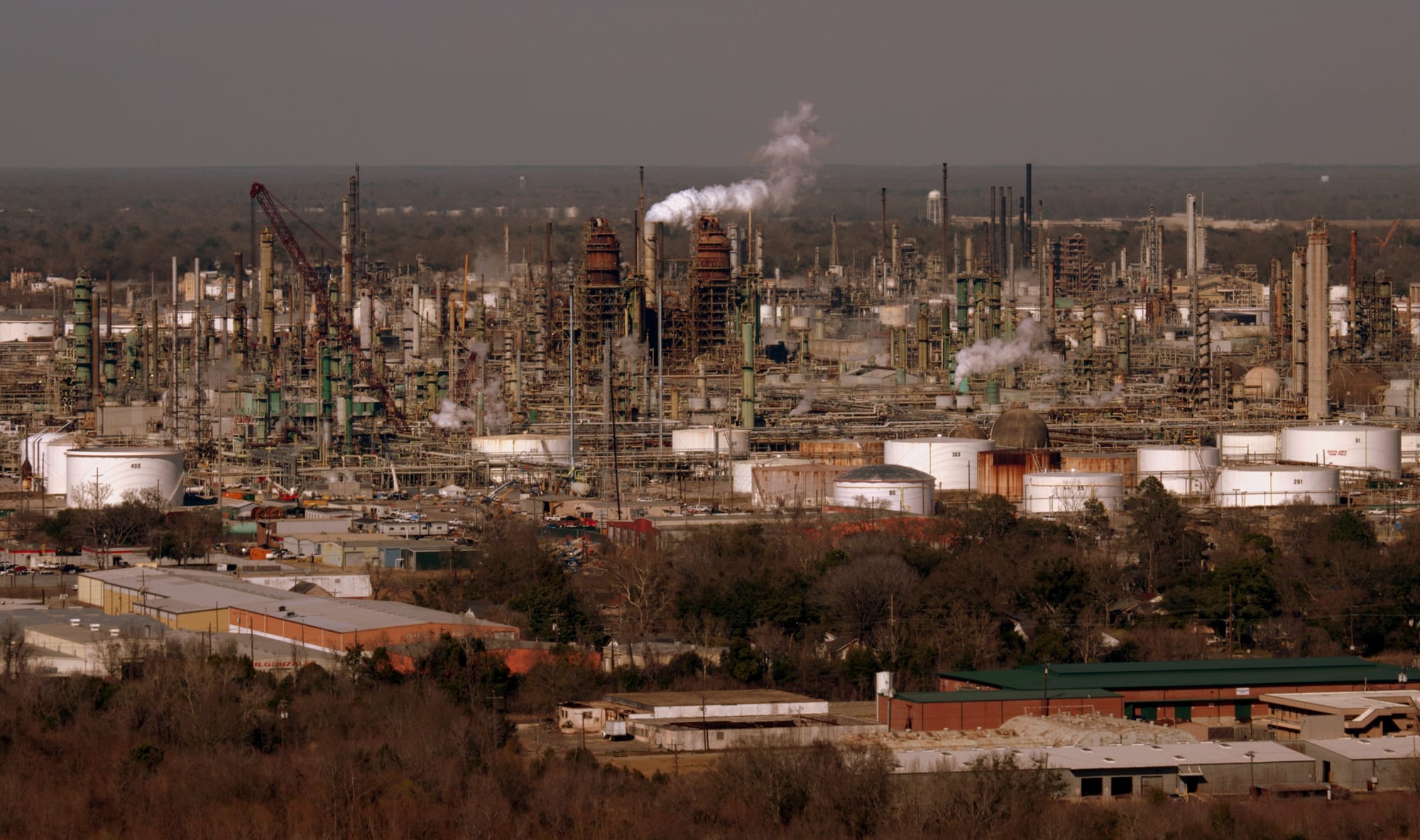
Consequently, the region has faced hundreds of deaths brought upon by cancer. Inclusive Louisiana founding member Barbara Washington reports that she “personally knows approximately 50 people who have died of cancer, including her 57-year-old sister” and Mount Triumph Pastor Harry Joseph recalls “that in 2017 he buried five cancer victims within a six-month period.”
As a result of all this callous disregard for the Black community, the Plaintiffs sued the Louisiana State Government under claims of the Thirteenth Amendment and the Fourteenth Amendment’s Equal Protection Clause. Through these constitutional violation claims, members hoped to seek relief against the Defendant, remedy past conditions, and continue to amplify the local African-American community's voice in land regulation. However, the case was tossed out after it was found that the lawsuit was filed too late and that “some harms alleged by the groups were not traceable to the parish.”
“...Counsel have already reviewed the extensive historical recounting included in the complaint, and Defendants have not made it clear that this history has no possible bearing on the subject matter of this litigation,” according to the opinion. Due to procedural matters, Judge Babier argued the plaintiffs missed the statute of limitations to sue, lacked legal standing and dismissed the case with prejudice – not allowing plaintiffs to file the same claim again.
Attorney’s fees were not awarded to the plaintiffs. A similar case arose with a civil rights complaint with the Environmental Protection Agency to which the investigation was dismissed last June. This brings further questions on what will happen to those located within these districts.
The groups will likely appeal Barbier’s decision in the coming weeks, said Bill Quigley, an attorney who assisted the Tulane Environmental Law Clinic and the Center for Constitutional Rights in representing the groups.
Sienna Woodley
Sienna is an intern at Chen Law Journal and aspires to become an environmental litigator. Outside of academics, she plays lacrosse and has experience working with a local law firm. Sienna is interested in various types of sciences including ecology, environmental chemistry and chemical engineering.
Email Me
